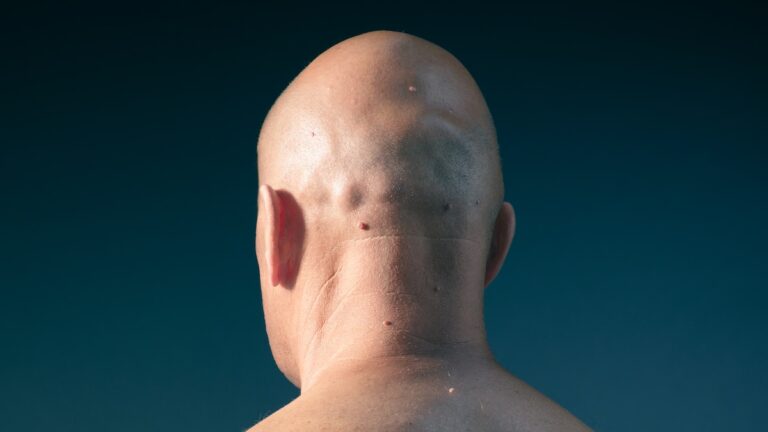Can I stop hair loss?
People who are concerned about hair loss have options: “There are medical treatments and surgical treatments,” says Kristin Shaver, MD, a hair restoration surgeon at the Bernstein Medical Hair Restoration Center in New York City.
Modern hair transplants are performed in one of two ways: follicular unit transplantation (FUT) or follicular unit extraction (FUE), both of which involve moving hair follicles from a donor site, usually at the back of the head, to other locations on the scalp, but are rarely effective for anything other than male pattern baldness.
Shaver said the drugs could also be useful for patients considering hair restoration surgery, because more remaining hair makes transplantation easier. But while most hair-loss drugs halt the progression of male pattern baldness, they don’t usually cause hair regrowth.
There are currently two FDA-approved drugs to treat male pattern baldness: minoxidil, also known as Rogaine, and finasteride, which blocks the conversion of testosterone to DHT.
Finasteride can have serious and potentially long-lasting psychological and sexual side effects, and the UK issued a warning this year advising doctors to carefully inform and monitor patients taking the drug. Shaver says finasteride can also be effective in women, but it is not FDA-approved for this purpose. It also carries significant risks for women, including an increased risk of breast cancer. “Many postmenopausal women take finasteride and find it effective, despite being aware of the risks,” she says.

